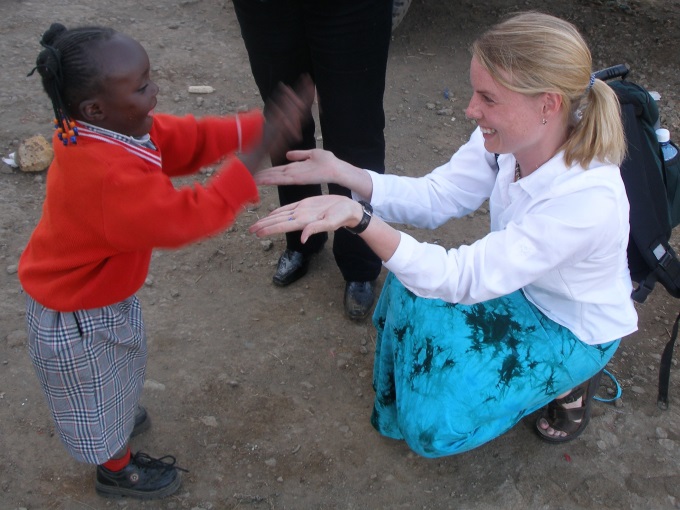Caring for a troubled world
January 16, 2015
Share

Emergency room doctors and their staff work are on the front lines of health care, addressing the urgent needs of patients with everything from critical illness and injury to the routine afflictions of daily life. They’re experts at triage and decision-making in a fast-moving, unpredictable environment.
Susan Bartels, an emergency room physician in the Department of Emergency Medicine at Queen’s and a clinician scientist at Kingston General Hospital, adapts that expertise to a different kind of front-line care in some of the most troubled regions of the globe.
As a specialist in global health, she looks at what happens to people during wars and natural disasters, delivering not just urgent care, but also documenting and reporting on the complex, long-term, and often invisible consequences of those events on individuals, families and communities.

A graduate of Memorial University who completed her residency at Queen’s, Dr. Bartels returned to Kingston last September from Boston, where she worked for seven years after completing a fellowship in international emergency medicine at the Harvard Medical School and a master’s degree at the Harvard School of Public Health.
During that time she became director of the Global Health and International Emergency Medicine Fellowship at Boston’s Beth Israel Deaconess Medical Center and an assistant professor at Harvard Medical School. She also gained extensive experience as a faculty member with the Harvard Humanitarian Initiative, taking part in international aid missions in the U.S., Africa and the Middle East – work she continues to do through her new position at KGH and Queen’s.
Some of her most significant experience has been in Central Africa, where her work has addressed issues such as drought, cholera, mortality, and war crimes. She also led two studies in the Democratic Republic of Congo, documenting women’s health and sexual violence as a weapon of war. The latter work has been groundbreaking because it provides a quantitative assessment of the long-term effects of sexual violence, such as abandonment by spouses, and abuse and social stigmatization of children born from these assaults.
More recently she has been focusing on child protection and the effects of the civil war on Syrian refugees in neighbouring Lebanon, including social isolation, missed schooling, forced child labour and child marriage. Through interviews with families she is building a picture of the long-term challenges faced by families misplaced by the conflict. Such documentation, Dr. Bartels says, helps to improve the science and practice of delivering humanitarian aid. “It’s about looking at the effects of war and finding ways to mitigate the impact.”
Amid the bleakness of the environments in which she works, however, she finds reasons for hope. “I am looking at resilience in this context, and how people have overcome adversity. It’s intriguing – what is it that allows people to overcome such terrible events and grow? What are the building blocks in individuals, families, and communities that we could foster or augment to help them rebuild?”
This story is the fifth in a series on the KGH Research Institute, a collaboration between Queen’s and Kingston General Hospital, and the clinician-scientists recruited to work in the centre.